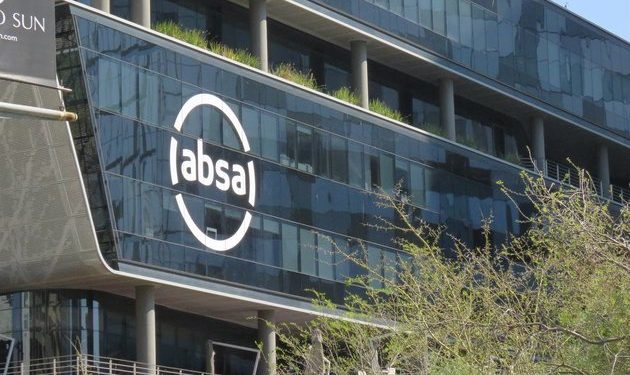- The Absa group is casting its net wider with plans to expand in the US, China, Europe and the Middle East.
- After the Covid-19 pandemic put some of its plans on pause, Absa is again forging ahead with the strategy to capture a large piece of commerce and investment flows to the African continent.
- The bank has emerged from the pandemic with greater caution than most domestic rivals, opting to continue preserving capital after scrapping an interim dividend in August.
The Absa group is casting its net wider with plans to expand in the US, China, Europe and the Middle East, as the bank looks to grow its client base of companies investing in Africa.
South Africa’s third-largest lender has already gained a foothold internationally after separating from its former British parent Barclay in 2018, although so far it has only a skeletal presence outside Africa, where it operates in 13 nations.
But after the Covid-19 pandemic put some of its plans on pause, Absa is again forging ahead with the strategy to capture a large piece of commerce and investment flows to the continent. Sub-Saharan Africa’s trade alone totalled just over $625 billion last year.
“We need to operationalise in the US, understand the long-term strategy around the EU, and start delivering on what our stated ambition has been around China,” Cheryl Buss, the bank’s international chief executive officer, said in an interview.
Absa is currently being run by interim chief executive officer Jason Quinn after former head Daniel Mminele quit following a disagreement over strategy last month. The bank has emerged from the pandemic with greater caution than most domestic rivals, opting to continue preserving capital after scrapping an interim dividend in August.
Now the challenge for the Johannesburg-based bank is to build a ground game to match its ambition. The goal is to open offices across a swathe of the global economy, providing corporate and investment banking services to clients that want to be in Africa.
By early 2020, Absa secured two licences to help establish its presence in the US but could do little as the disease outbreak forced its bankers to work remotely. It has also been unable to progress with plans for a representative office in China.
Meanwhile, its options for entering new European markets through its UK office have been affected by the nation’s exit from the European Union. Absa currently has 30 staff in the UK and ten in the US.
Another area of focus is the Middle East, where Absa will consider setting up a coverage point to engage better with clients in the region, as well investors and commodity traders in markets like Japan, Singapore and India.
“We are seeing a lot of Chinese focus across the energy space, the mining space and also ICT and manufacturing,” Buss said. “India is also of significant importance to us.”
Absa is mulling a location in the Middle East to help aid relations with its Indian interests after larger South African peer FirstRand’s decision to scale back its presence in the country, by converting its branch to a representative office.
Absa and its rivals, including Standard Bank, have also relied on partnerships abroad to lure clients attracted to Africa’s growing population of 1.2 billion people.
“Africa does offer great opportunities but you have to have the appetite to work those opportunities,” Buss said. “It is a continent that offers growth.”






